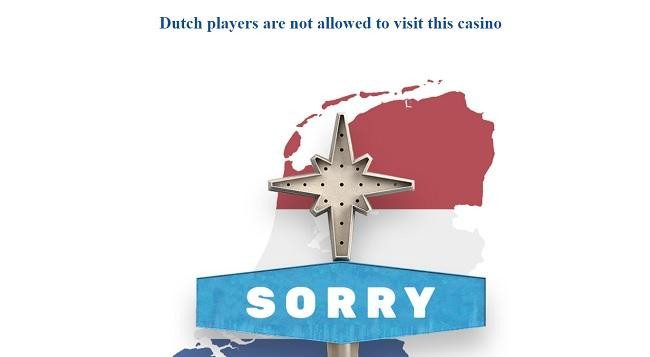With an order under penalty or cease and desist, offenders (the illegal casinos) are given the opportunity to end their infringements. If they fail to do so, the fine must actually be paid. Such letters are usually written by lawyers and are often sent to end alleged or actual infringements of intellectual property rights, such as copyrights, trademarks and patents. A cease-and-desist letter can also be used to warn the infringer against harassment, defamation, libel and contractual violations.
Why does the KSA have a cease-and-desist order?
KSA chairman René Jansen: "We need to move forward in the fight against illegal supply. Orders to pay fines periodically are usually in force within administrative law to stop violations. Not in this case, because "The violations have not been stopped completely." , so we move to the next step. We do not want to ignore the order to pay fines periodically, as this would make remedial measures less effective. Those who violate and continue will have to pay the price. It is as simple as that.
Example of order under penalty
On 22 June 2022, the Kansspelautoriteit (Ksa) imposed periodic payments on Gammix Limited of EUR 1,470,000 per week up to a maximum of EUR 4,410,000.
These are implemented because Gammix allows online gaming without a valid licence in the Netherlands.
After several double-checks, it is still possible to play or create an account from the Netherlands. Therefore, fines are actually paid. Gammix said it disagreed with this, but that objection was rejected. Since Gammix has not paid to date, the Gaming Authority has now decided to collect the arrears. Gammix can still challenge collection decisions.



